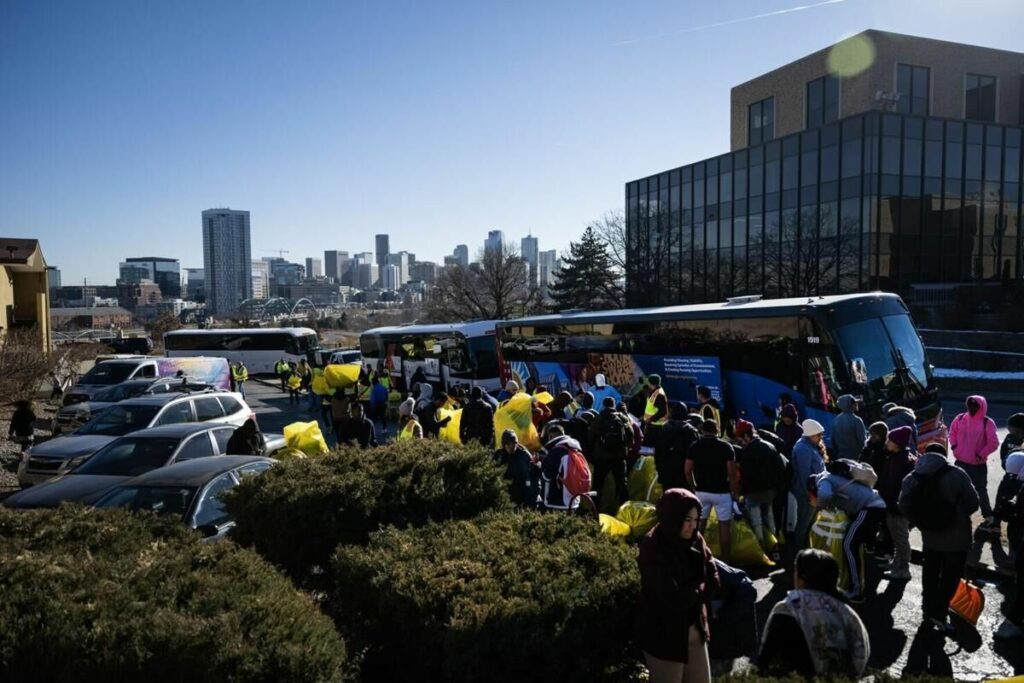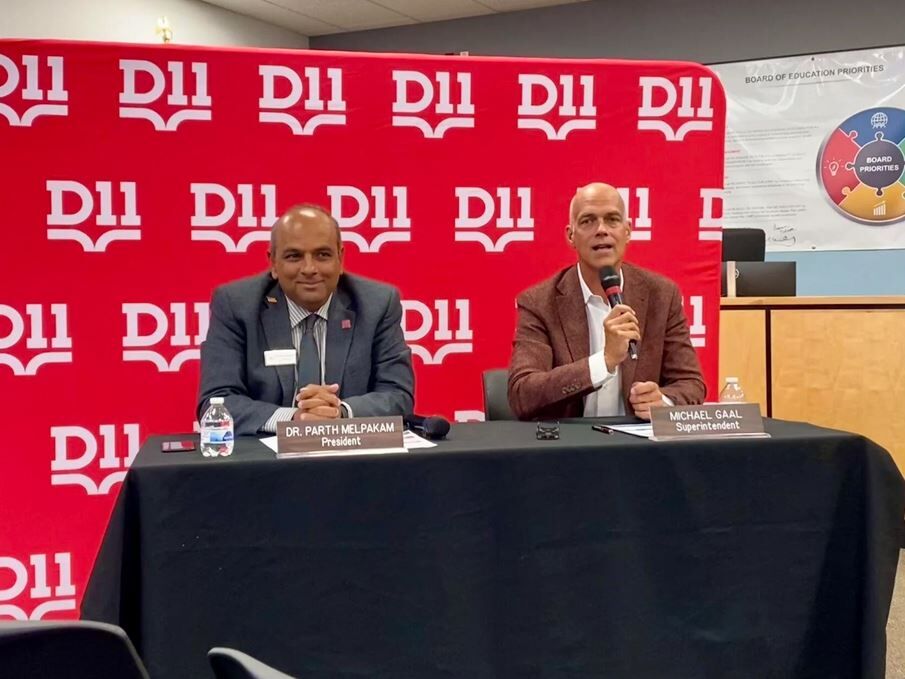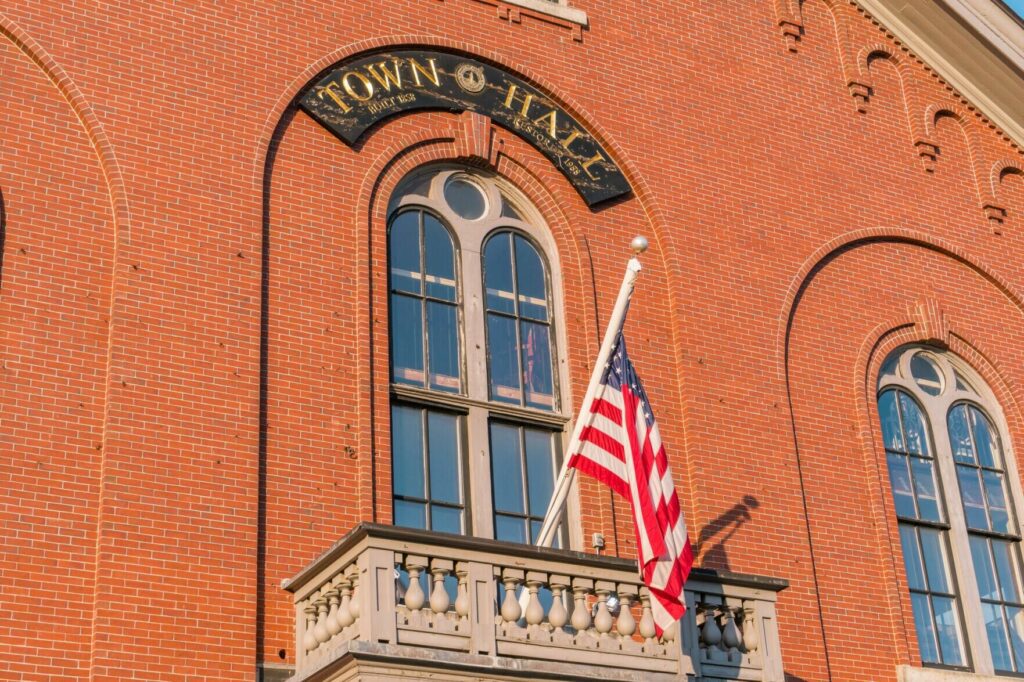Daniels Fund will turbocharge school choice | Colorado Springs Gazette

Black children matter. Brown children matter. LGBTQ-plus children matter. We need all children to succeed for the sake of society.
We hear this – the platitude that all children matter – routinely in various iterations of the theme. Sadly, what we say and do in Colorado are two different things. Hopefully, a new pledge by the Daniels Fund might put substance behind our state’s professed concern for “the children.”
Helping Black children, Brown children – helping children of any demographic identity – means preparing them for the future. It means Colorado adults taking responsibility to ensure the school system leaves no one behind, much less entire demographics of children who deserve to grow up and enjoy the potential fruits of knowledge and hard work.
Colorado schools generally fail to prepare children for the future, especially non-White students classified as “Black” or “Hispanic.” This is not an observation upon which reasonable minds may disagree. State data tells us all we need to know.
Stay up to speed: Sign-up for daily opinion in your inbox Monday-Friday
In 2022, only 34% of Colorado public school students were proficient in reading and writing and only 29% achieved grade-level proficiency in math. Those numbers drop to 22% and 13% respectively for Black children and 24% and 15% for Hispanics. Data have been this way for years, and nothing suggests a looming turnaround.
For most students, the only solution to a poor-performing school is a higher-performing alternative. That’s why we have state and national movements toward “school choice.”
More schools to choose from means more competition for results and more options for the endless variety of learning challenges presented by children from limitless backgrounds and circumstances.
No one wants a one-size-fits-all choice in restaurants, homes or cars, so it’s probably not a good idea in K-12 education.
Despite three decades of school choice progress in Colorado, too many children remain stuck in attendance centers that work for some but not all. That means we need more alternative classroom space to create more options for more children.
The Daniels Fund – a legacy of former Denver cable TV magnate Bill Daniels – has given more than $1 billion in the past 20 years to help children and the schools they attend.
The fund’s board of directors announced this month a plan that will take this dedication to a new level. The organization will fund an additional 100,000 school choice seats in Colorado by 2030. Given Colorado’s dedication to school choice, we can expect other private donors and foundations to assist this effort.
Adding 100,000 school choice seats in less than seven years could be a game changer for Colorado. The funds will help secular or religious private schools, public charters and “microschools.”
Money will not go directly to children. The Daniels Fund plans to give millions directly to schools to pay the cost of expanding classroom space and to scholarship programs that help families afford private tuition.
“When parents and kids get to make a choice about the school they attend, they’re usually more engaged,” said Daniels Fund CEO Hanna Skandera, as quoted by Colorado Public Radio.
The Center for Research on Education Outcomes recently completed a five-year study on charter schools and found 83% of students perform better than their traditional-school peers in reading, and 75% do better in math. Mounds of other evidence suggests children who fall behind in traditional public schools do better in charter or private-school settings.
The United States has increasingly moved in the direction of more schools and more school choice since the Supreme Court desegregated schools with its 1954 ruling in Brown v. Board of Education. Before that ruling, too many Black children were stuck in low-performing schools and given no alternatives.
We no longer have forced school segregation in the United States, but we have segregation by default. Wealthy children from stable households have seemingly unlimited school choice, while children of low-income parents typically have no access to schools beyond their local attendance centers. They often lack the transportation, let alone the money needed for tuition or other costs associated with exercising school choice.
In the United States, poor people are not guaranteed all the amenities available to the wealthy. Yet, that should not mean low-income children – individuals who have no role in determining their socioeconomic status – deserve whatever schools they get.
A happy, healthy, free and successful country should not let young minds go to waste. We must, publicly and privately, work to liberate everyone to seek and find knowledge.
The Daniels Fund is acting, and we hope others will support this effort. Let’s make Colorado the most inclusive, diverse and liberated state in which to educate children.
Colorado Springs Gazette Editorial Board














